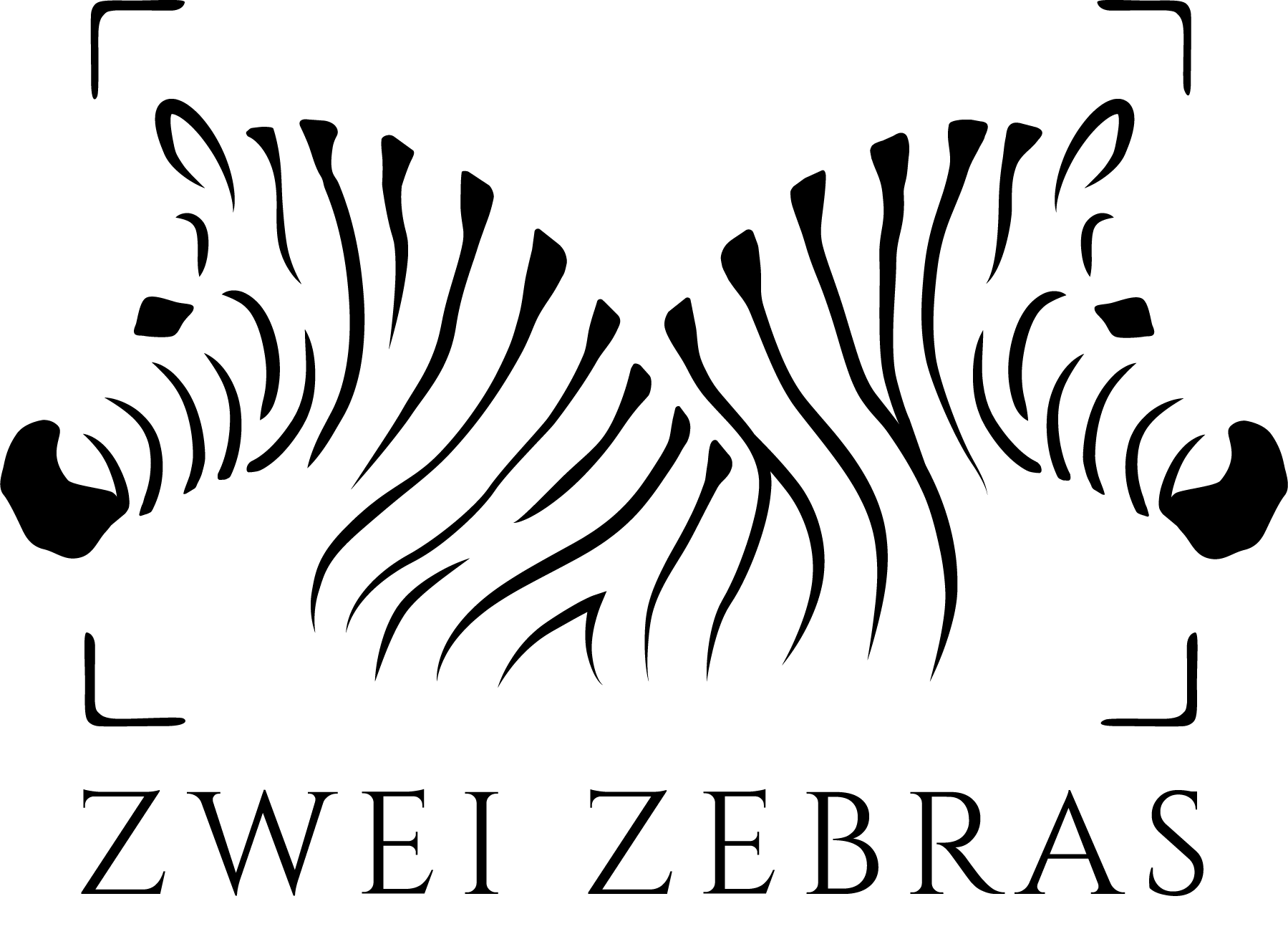IZW Cheetah Research Project
For more than 20 years, scientists from the Leibniz Institute for Zoo and Wildlife Research have been working in Namibia, investigating the biology, ecology and health of Africa’s rarest big cat, the cheetah. Collecting and analysing long-term data from GPS collars, camera traps, and samples such as blood or fur, they gained a deep understanding of these elusive animals’ lives and the challenges they face in a human-shaped world. For a peaceful future of cheetahs and humans, they closely collaborate with local stakeholders and provide information for evidence-based decision making in conservation policy.
Cheetah numbers greatly decreased over the last decades to now less than 7000 adult individuals. In central Namibia, an important stronghold of the species, they roam freely on private farmland and occasionally prey on cattle calves. For generations, this resulted in losses for the farmers and in cheetahs being captured and killed – a fatal situation for both sides. The alliance of Leibniz-IZW scientists and farmers turned the tide by jointly developing and applying a science-based solution to this human-wildlife conflict. Long-term GPS data revealed that cheetahs are very active at communication hubs, where they exchange scent information at marking locations such as prominent trees or rocks. Just like dots on cheetah fur, these “hotspots” do not cover the entire landscape but are separated by vast areas with much lower cheetah activity – and risk for cattle calves. Moving their breeding herds with calves out of these hotspots, farmers reduced livestock losses by more than 80%.
This spatial system of cheetah society is valid in the whole of central Namibia and there, a long-lasting farmer-cheetah conflict can be considered to be solved. But what about the rest of the country; and the rest of the cheetah range across Africa? The Leibniz-IZW scientists strive to validate this knowledge and experience from central Namibia in different contexts together with local stakeholders. To this end, they are compiling high-resolution, long-term GPS data from collaborating projects and identify communication hubs from southern Africa all across to East and West Africa. This will enable them to upscale a proven conservation solution to the entire range of the cheetah.
Namibia Print Collection
-
Example product title
Regular price €19,99 EURRegular priceUnit price per -
Example product title
Regular price €19,99 EURRegular priceUnit price per -
Example product title
Regular price €19,99 EURRegular priceUnit price per -
Example product title
Regular price €19,99 EURRegular priceUnit price per
